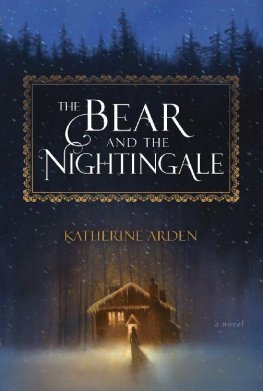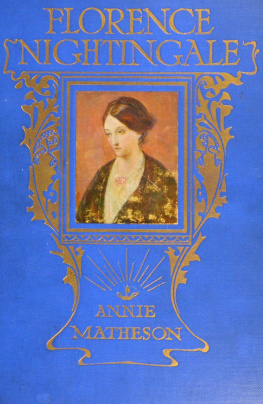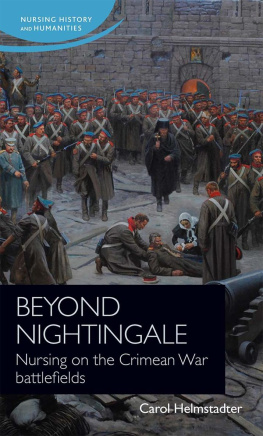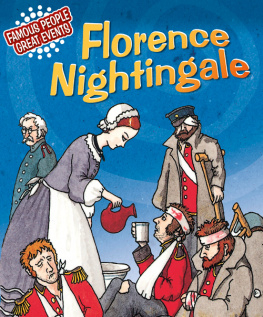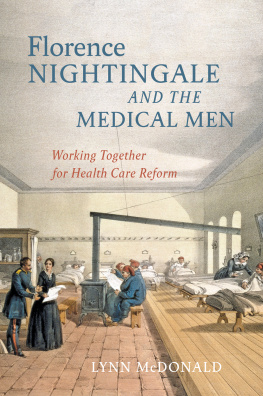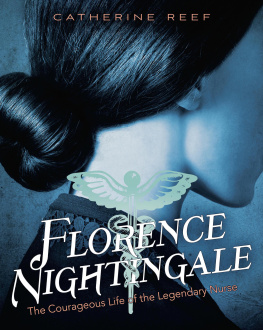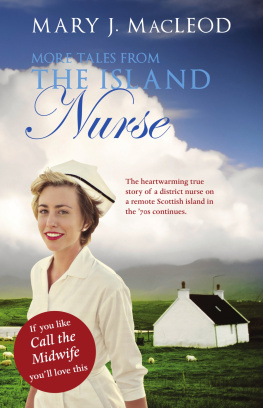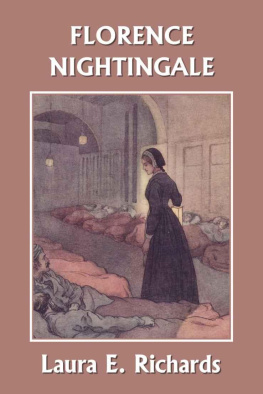

Copyright 2017 by Lynn Dow
All rights reserved. No part of this publication may be reproduced, distributed, or transmitted in any form or by any means, including photocopying, recording, digital scanning, or other electronic or mechanical methods, without the prior written permission of the publisher, except in the case of brief quotations embodied in critical reviews and certain other noncommercial uses permitted by copyright law. For permission requests, please address She Writes Press.
Published 2017
Printed in the United States of America
Print ISBN: 978-1-63152-276-5
E-ISBN: 978-1-63152-277-2
Library of Congress Control Number: 9781631520877
For information, address:
She Writes Press
1563 Solano Ave #546
Berkeley, CA 94707
Cover design Julie Metz, Ltd./metzdesign.com
Formatting by Katherine Lloyd, The DESK
Cartoon reprinted with permission from Wolters Kluwer.
She Writes Press is a division of SparkPoint Studio, LLC.
Names and identifying characteristics have been changed to protect the privacy of certain individuals.
To my nursing colleagues
The very first requirement in a hospital is that it should do the sick no harm.
Florence Nightingale,
Notes on Nursing
Contents

Prologue

T here are close to three million registered nurses in the United States, and each one has stories to tell. These are mine.
I decided to write this book after running into a former student of mine at a street fair. Twenty-five years had passed since Mary Ann, a brand-new graduate nurse, had showed up in the first new graduate program I ever taught. At the fair, she introduced me to her husband, saying, Lynn taught us how to be real nurses by regaling us with stories of her experiences. I just hope someday she takes the time to write them down.
Hearing this reinforced what I heard from some of my other students over the yearsthat I should record some of the experiences that I had during my nursing career. These stories are, after all, the underpinnings of our profession. So here they aremy encounters as a registered nurse, spanning a period of fifty years, from 1956 to 2006.
When I went into nursing, I thought it would be glamorous, much like what was portrayed in the series of Sue Barton nurse books so popular at the time. It took me about a week to discover that nursing was not and would never be glamorous.
What it was was a lot of physically hard work. Sometimes it required performing mindless tasks, and at other times it required carrying out challenging responsibilities that lives depended onand we had to do it all without ever losing sight of the fact that our primary concern was to nurture our patients. We did not have the high-tech equipment so common today when I first became a nurse; back then, we relied on our powers of observation. We looked at the patient instead of the computer readouts. The medicines in our chests were much less potent and varied than todays plethora of drugs, tailored to address every complaintwhich meant that it was up to us to deliver our patients relief through good nursing care.
All of the stories in the book are true. I was a part of them, and they are written as I remember them. In some instances, I have changed names to protect individuals privacy, and conversations have been recreated based upon my recollections. In a few chapters, such as Best Friends, I have chosen to combine two or three events to make a single story.
Nursing and medicine have made such strides over the last half century, and I am thankful for all of the benefits of modern medicine. But the history of nursing is important, and in these stories I hope a little bit of that history is preserved. My fifty-year-long career in this field was an ever-changing, challenging oneand Im grateful to have had the good fortune to call myself a nurse.
1956

J ust before I turned fourteen, my dad came home from work one night and dropped dead. This event changed my life forever. At a very young age I had set my sights on following in my mothers footsteps and going to Vassar for college; there, I thought, I would be exposed to a well-educated and cultured societymuch different, or so I thought, from the people in the backwoods farming community where I lived. It never occurred to me that Dad would die and alter my plans.
World War II was over, times were prosperous, and women were expected to do everything they could to snag a husband, settle down, and become a mother. Career choices for girls were inconsequential, so my parents thought my desire to become more sophisticated was cute. They encouraged my dream.
When we got over the shock of my dads death, my mother discovered there was a small pension, but with my brother in medical school, my sister in nursing school, and me to take care of, money was scarce. My mother had held one job in her life: teaching Latin some twenty years before. Despite her Vassar education, the only employment available to her in our small town was as a bookkeeper for the school, and it paid next to nothing.
Oblivious to our financial status, I kept dreaming of going to Vassaruntil, at the start of my senior year in high school, Mother came into my room one day and announced we had to talk. I figured it was going to be the obligatory birds and bees conversation, though I couldnt imagine my Victorian mother ever speaking of such things. I was right: no sex talk. In its place was a very firm pronouncement that I should get the idea of going to Vassar out of my head. There was no money.
Even if the tuition could somehow be scraped together, Mother said, a Vassar girl needed to have discretionary funds. She had been lucky; her family hadnt had any financial worries while she was in college, she had been free to be a debutante. Shed finished college with a solid liberal education but no skillsand she was not about to have her daughter find herself in the same financial bind that widowhood had forced her into. According to Mother, I needed to have a skill that would enable me to support myself and never find it necessary to rely on a man for my livelihood.
So, Carolyn Franceswhen she called me that, I knew there would be no further discussionas I see it, you have three choices. You can be a teacher, a nurse, or a secretary. Which will it be?
I had long ago ruled out teaching; twelve years in a classroom was enough for me. My total failure as a receptionist at the phone company the previous summer led me to believe that I would never make it as a secretary. So a nurse it was.
With both my siblings studying in the medical field, you would think I might have had an inkling of what nursing was all aboutbut I didnt, and I had even less interest in finding out. Most of what I knew came from reading the tales of Sue Barton, the precursor to the Cherry Ames series of nursing adventures. Sue never got her hands dirty, always had a young, handsome doctor waiting to take her out, and got involved in the most exciting situationsall of which had little to do with being a nurse. Life might not be too unbearable if I could be like Sue.
Next page

